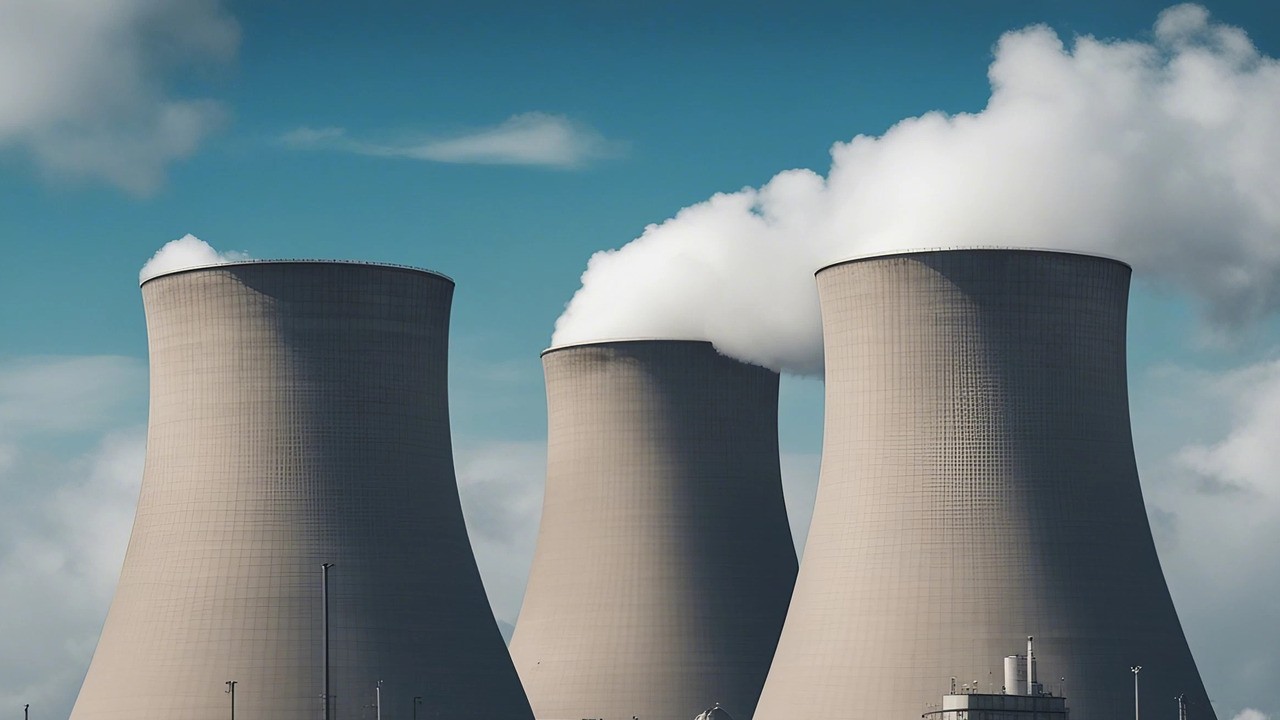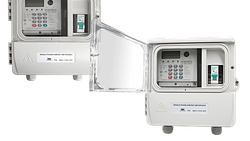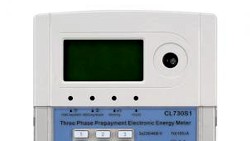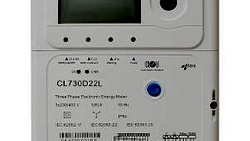In the quest for a sustainable energy future, the comparison between nuclear power and renewable energy sources has become a focal point of debate. Both options offer unique advantages and face distinct challenges. The debate about nuclear power hasn't ended with the phase-out of nuclear power plants in Germany. This article aims to provide an analysis of the ongoing discussion, comparing nuclear power and renewable energy options, to shed light on the trade-offs for a sustainable future.
By presenting a balanced view, this article aims to inform electrical engineers, decision makers, and other stakeholders in the electrical energy segment, helping them make informed decisions for a sustainable future.
Environmental Impact
Nuclear power and renewable energy technologies differ in their environmental impacts. Nuclear power plants emit virtually no greenhouse gases during operation, contributing significantly to carbon emission's reduction. However, the entire nuclear fuel cycle, including mining, processing, and waste disposal, poses environmental challenges.
Renewable energy sources, such as solar, wind, and hydroelectric power, have significantly lower carbon emissions and negligible waste generation. However, the manufacturing processes for renewable energy infrastructure may have environmental consequences. Land use requirements also vary, with nuclear power requiring less land but posing concerns over potential habitat disruption.

(symbol image, credit CLOU/Clipdrop)
Energy Generation Capacity and Reliability
Comparing energy generation capacity and reliability between nuclear power and renewable energy sources is essential. Nuclear power plants provide high-capacity baseload generation, offering a stable and consistent power supply.
On the other hand, renewable energy sources are dependent on external factors like sunlight, wind, or water availability. While renewable energy technologies have made significant advancements, their intermittent nature requires careful grid management and energy storage solutions to ensure a reliable power supply. Balancing demand and supply becomes crucial for a successful integration of renewable energy into the grid.
Cost and Economic Considerations
Evaluating the cost and economic viability of nuclear power and renewable energy is paramount. Nuclear power plants have high upfront capital costs but low fuel costs, making them economically competitive over the long term. However, factors such as plant decommissioning, waste management, and potential cost overruns must be considered. Renewable energy technologies have experienced remarkable cost reductions over the years, particularly for solar and wind power. While the initial investments can be substantial, their fuel is abundant and free, resulting in lower operational costs. Additionally, ongoing advancements and economies of scale contribute to the decreasing cost of renewable energy technologies.
Safety and Security
Safety and security considerations play a pivotal role in the comparison of nuclear power and renewable energy. Nuclear power plants adhere to stringent safety measures to prevent accidents and protect workers and the public from radiation risks. Despite these measures, nuclear accidents can have severe consequences, as demonstrated by past incidents.
Renewable energy systems, being decentralized and often small-scale, pose fewer risks in terms of catastrophic accidents. However, unique safety concerns exist for specific renewable technologies, such as wind turbine maintenance or dam safety for hydroelectric power. Security concerns also differ, as nuclear facilities require protection against potential misuse of nuclear materials, while renewable energy systems may face cyber threats or physical damage.
Scalability and Grid Integration
Scalability and the integration of nuclear power and renewable energy into existing power grids are essential factors to consider. Nuclear power plants are typically large-scale installations, requiring significant planning, time, and investment. Adding nuclear capacity to the grid involves long lead times. In contrast, renewable energy technologies offer more flexibility in terms of scalability, allowing for modular and distributed installations. However, their intermittent nature poses challenges for grid stability and necessitates the development of advanced grid management techniques, energy storage systems, and demand response strategies to accommodate variable generation patterns.
Policy and Regulatory Landscape
The policy frameworks, incentives, and regulations surrounding nuclear power and renewable energy significantly shape their development and deployment. The licensing and regulatory processes for nuclear power plants involve rigorous safety assessments and adherence to strict standards.
Renewable energy, on the other hand, benefits from various policy mechanisms, including feed-in tariffs, tax incentives, and renewable portfolio standards, which promote their growth. The evolution of energy policies, market structures, and the integration of climate change goals influence the decision-making process regarding the adoption of nuclear power and renewable energy.
Takeaway
The comparison between nuclear power and renewable energy involves assessing multiple factors to determine the trade-offs for a sustainable future. Environmental impact, energy generation capacity and reliability, cost considerations, safety and security, scalability and grid integration, as well as the policy and regulatory landscape, all play significant roles in decision-making. Both nuclear power and renewable energy have their advantages and challenges, and the choice depends on specific regional circumstances, energy goals, and stakeholder priorities.
Finally, it is important to emphasize that accurate metering is vital for all types of power generation, regardless of whether it is nuclear or renewable energy. Accurate measurement and monitoring enable efficient energy management and informed decision-making. If you have any questions or are in need of reliable metering solutions, please do not hesitate to contact our team of experts. We are here to assist you in achieving optimal energy measurement and management.
Editor's note: This article was originally published in September 2023 and has been updated for comprehensiveness.





All comments are moderated before being published. Inappropriate or off-topic comments may not be approved.